Five fluffy penguin chicks have hatched at Chester Zoo and zookeepers have named them after NHS Heroes and hospitals.
The first of the tiny new arrivals - highly threatened Humboldt penguins - arrived on 26 March, closely followed by several others, the last of which emerged from its egg on 14 April.
To help them keep track of the new chicks, conservationists at the zoo select a different naming theme for the youngsters each year. Previous years’ topics have included brands of crisps, chocolate bars and British Olympic athletes.
This year, keepers have recognised the amazing work of the UK’s NHS Heroes and have decided to pay homage to NHS Heroes and the hospitals where they work. The five chicks have been named Florence (after Florence Nightingale), Thomas (after St Thomas’ Hospital), Bevan (after Aneurin Bevan who founded the NHS), Arrowe (after Arrowe Park Hospital) and finally Countess (named after the zoo’s local hospital – the Countess of Chester Hospital).
The new chicks will spend the first eight weeks of life tucked away in their nests, with both mum and dad sharing parenting duties and caring for them.
Anne Morris, Lead Penguin Keeper at Chester Zoo, said:
“The arrival of Humboldt penguin chicks always signals the start of spring and, although it’s still early days, the chicks look really healthy and the parents are doing a fab job of caring for their new arrivals.
“To help with raising the new youngsters, we’re providing the parents some extra fish, which they swallow, churn into a high-protein soup and then regurgitate to feed the chicks. We also weigh the chicks regularly so that we can monitor their development, as they can more than triple in size and weight in the first three weeks!
“Each year the team chooses a new naming theme for the chicks and, given everything that is happening around us, we decided to name this year’s class after NHS hospitals in acknowledgment of our wonderful NHS Heroes – just as a thank you from everyone here at the zoo.”
Humboldt penguins are becoming increasingly rare. Of the world’s 17 penguin species, they are now among the most at risk. They are listed as vulnerable to extinction by the International Union for the Conservation of Nature (IUCN).
Found on the rocky coastal shores of Peru and Chile, the penguins face a number of threats such as climate change, over-fishing of their natural food sources and rising acidity and temperature levels in the oceans – all causing the penguins to search further from their nests for fish and increasing their vulnerability.
Humboldt penguin facts
- Scientific name: Spheniscus humboldti
- This South American penguin is named after the chilly Humboldt current, along which the penguins commonly swim
- Of the world’s 17 penguin species, Humboldts are among the most at risk, with the species classed as vulnerable to extinction by the International Union for the Conservation of Nature (IUCN)
- In the wild, Humboldt penguins are vulnerable to disturbances in their food chain caused by strong El Nino currents
- Humboldt penguins are social animals, living in relatively large colonies of closely spaced burrows
- Humboldt penguins ‘fly’ through the water at speeds of up to 25mph
- They enjoy a diet of small fish (anchovies, herring, smelt) and crustaceans
Chester Zoo
Chester Zoo (www.chesterzoo.org) is a registered conservation and education charity. Home to 35,000 animals and more than 500 different species, many of which are endangered in the wild, the zoo also supports field projects around the world and closer to home, preventing the extinction of highly threatened species. Welcoming more than two million visitors a year, it is the UK’s most visited zoo and England’s most visited tourist attraction outside London.


 CFCW Match Report: Chester FC Women 3 - 0 Wigan Athletic Ladies
CFCW Match Report: Chester FC Women 3 - 0 Wigan Athletic Ladies
 CELEBRATION OF CLASSICAL DANCE MUSIC SET TO BE STAGED AT WREXHAM'S WILLIAM ASTON HALL
CELEBRATION OF CLASSICAL DANCE MUSIC SET TO BE STAGED AT WREXHAM'S WILLIAM ASTON HALL
 Cheshire Constabulary highlights the role of health professionals in spotting stalking
Cheshire Constabulary highlights the role of health professionals in spotting stalking
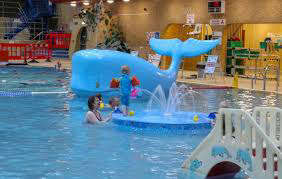 Community unites to save Northgate Arena’s whale!
Community unites to save Northgate Arena’s whale!
 Man jailed for attempting to smuggle illegal drugs into Cheshire music festival
Man jailed for attempting to smuggle illegal drugs into Cheshire music festival
 Weekend and overnight closures for vital A550 Welsh Road repairs
Weekend and overnight closures for vital A550 Welsh Road repairs
 Blues Match Report: Chester FC 2 - 1 Marine
Blues Match Report: Chester FC 2 - 1 Marine
 Ellesmere Port school chosen to benefit from multi-million pound nursery funding
Ellesmere Port school chosen to benefit from multi-million pound nursery funding
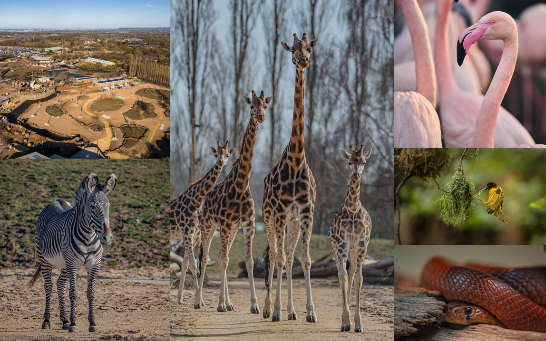 Tripadvisor rankings name Chester Zoo as the UK’s best zoo.
Tripadvisor rankings name Chester Zoo as the UK’s best zoo.
 Blues Match Preview: Chester FC v Marine
Blues Match Preview: Chester FC v Marine
 Blues Match Report: Southport 0 - 1 Chester FC
Blues Match Report: Southport 0 - 1 Chester FC
 Sam Rowlands MS is urging people to have their say on merging four schools in North-East Wales
Sam Rowlands MS is urging people to have their say on merging four schools in North-East Wales
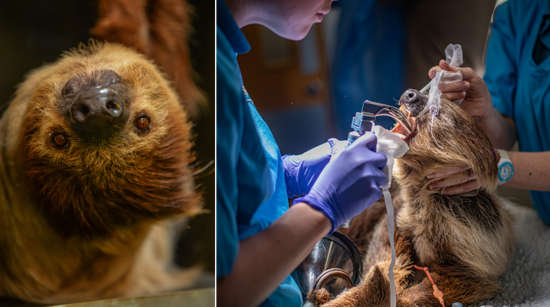 Pioneering dental surgery at Chester Zoo cured a sloth’s toothache
Pioneering dental surgery at Chester Zoo cured a sloth’s toothache
 Drug dealer jailed after eagle-eyed officer spots him speeding in a car full of class A drugs
Drug dealer jailed after eagle-eyed officer spots him speeding in a car full of class A drugs
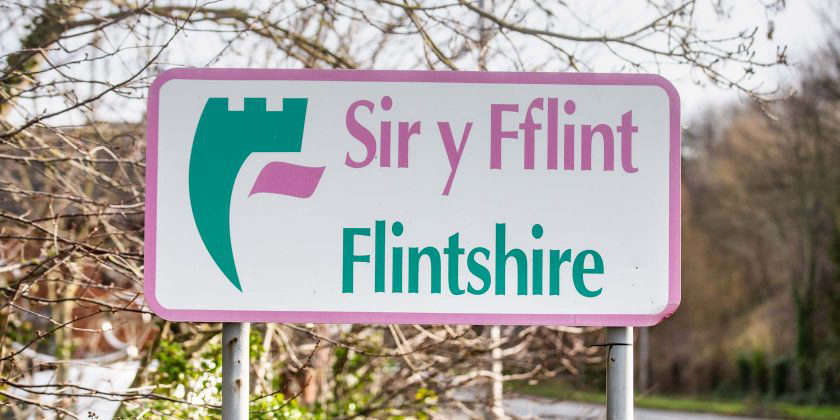 Enjoying the Countryside in Flintshire
Enjoying the Countryside in Flintshire
 Member of the Welsh Parliament urges dog owners to keep their pets on a lead when in the countryside
Member of the Welsh Parliament urges dog owners to keep their pets on a lead when in the countryside
 Chester and Wirral Football League - Latest Results
Chester and Wirral Football League - Latest Results
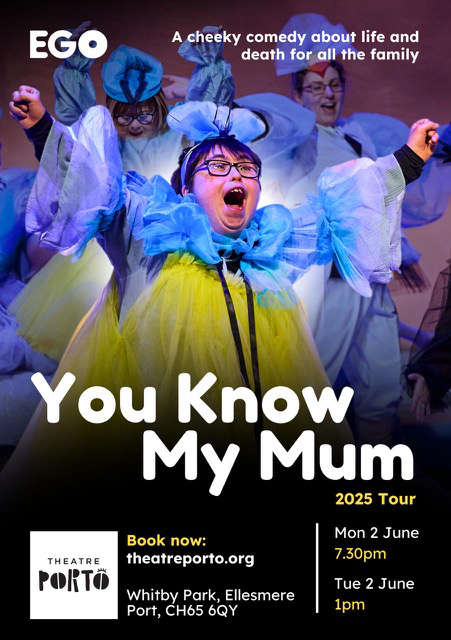 Heartfelt and Hilarious New Show by Disabled Artists Comes to Ellesmere Port
Heartfelt and Hilarious New Show by Disabled Artists Comes to Ellesmere Port
 Fly High Media Shortlisted for Prolific North Champions Awards 2025
Fly High Media Shortlisted for Prolific North Champions Awards 2025
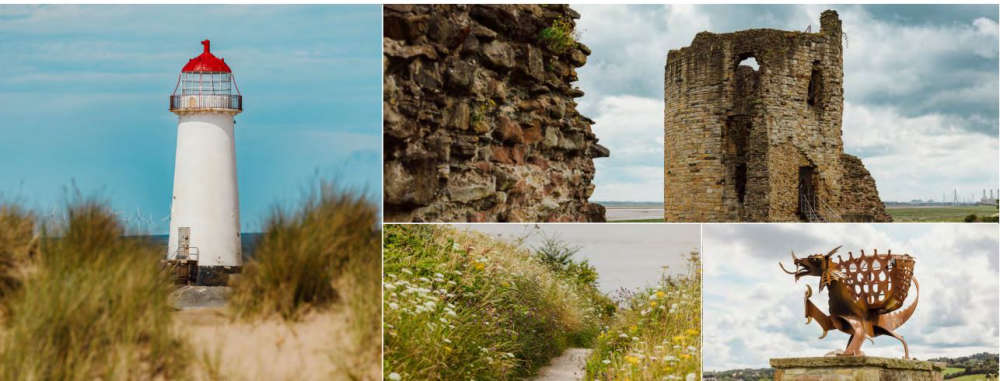 Council launches ambitious plan for Flintshire Coast Park
Council launches ambitious plan for Flintshire Coast Park